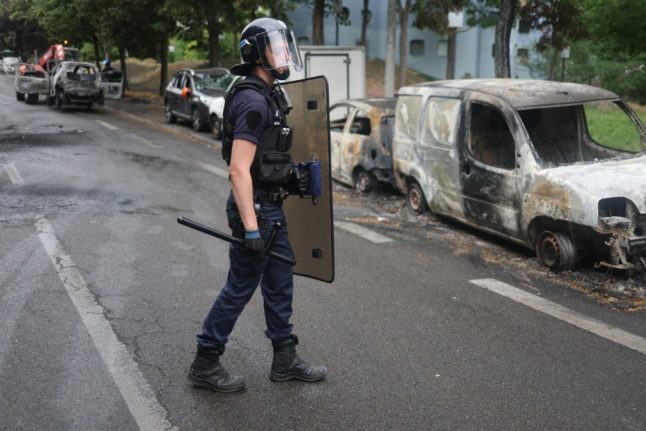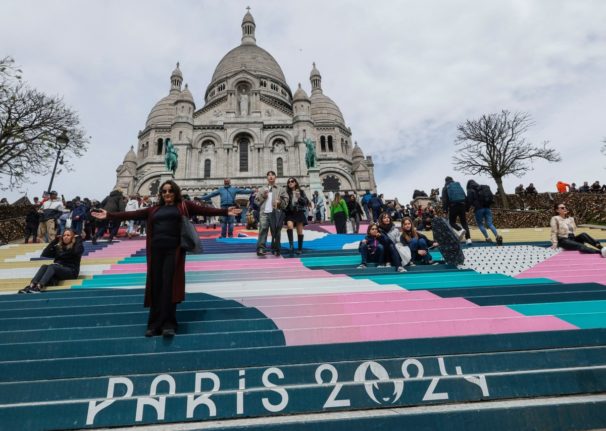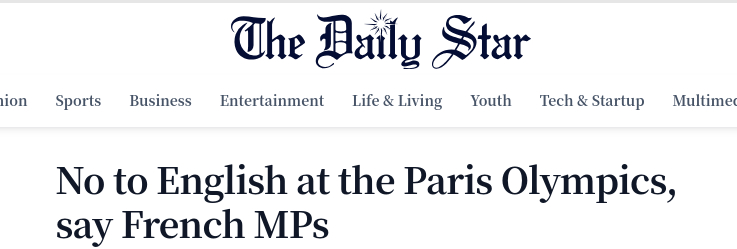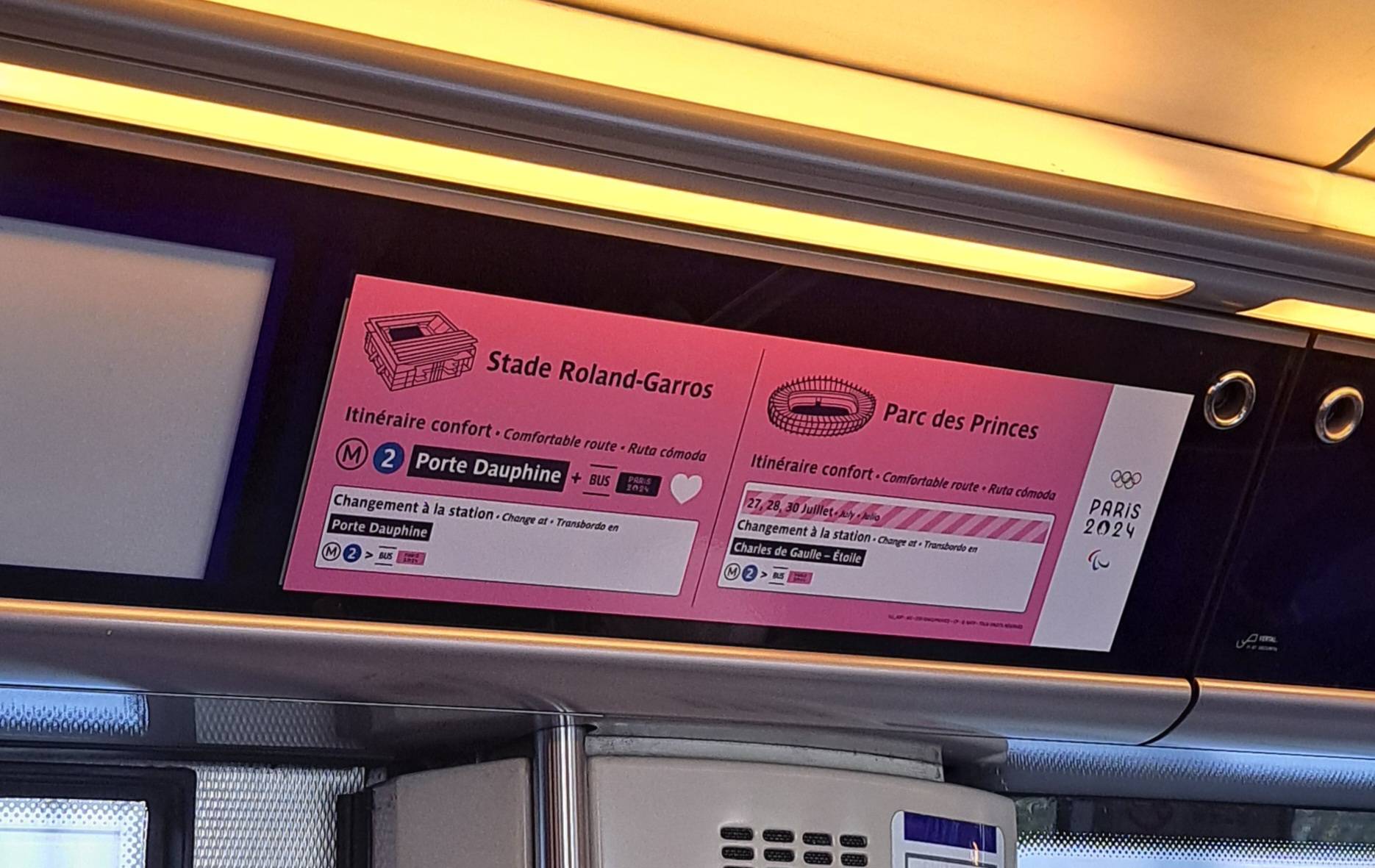France was once again gripped by rioting in towns and cities across the country on Friday night, despite a series of restrictions imposed by the government including a ban on the sale of fireworks, ending public transport at 9pm and the cancellation of large gatherings.
Buildings and vehicles were set on fire in multiple towns, and police targeted with a hail of fireworks and missiles. Looting, which had been sporadic on Thursday night became widespread on Friday.
🔴 Violents affrontements à #Collombes : nombreuses barricades en feu. pic.twitter.com/2h33xHZATN
— Clément Lanot (@ClementLanot) June 30, 2023
In total 994 people were arrested and 97 police officers injured, according to interior minister Gérald Darmanin, who described the clashes as “less intense” than on previous nights.
READ ALSO Should I cancel my trip to France because of riots?
The city of Marseille called for extra police reinforcements after a series of clashes and police in Paris fired tear gas on the central Rue du Rivoli to disperse an unauthorised gathering calling for ‘justice for Nahel’ – the 17-year-old boy shot by police on Tuesday, whose death proved the spark for days of rioting.
🔴 La Rue de Rivoli noyé dans les gaz lacrymogène au milieu des touristes par la police pour disperser le cortège.
La préfecture avait interdit la manifestation « Justice pour #Nahel » pic.twitter.com/Mt1fUEastb
— Clément Lanot (@ClementLanot) June 30, 2023
The French national football team has published an appeal for calm, urging people not to destroy their own communities.
Les Bleus said they were “shocked by the brutal death of young Nahel” but asked that violence give way to “other peaceful and constructive ways of expressing oneself”.
— Kylian Mbappé (@KMbappe) June 30, 2023
Team captain Kylian Mbappé, who grew up in the tough Paris suburb of Bondy, had earlier said he was “sick for his country” after the death of Nahel.
The teenager’s death – shot at point blank range during a traffic stop – has ignited long-running anger about violence from French police, especially towards young men of colour in the deprived suburbs.
The French government has defended its police force after a UN spokesman said France must examine the “deep racism” within the force. Meanwhile the country’s largest police union released a statement referring to the rioters as “vermin” who they were “at war” with.
Looting and clashes between hooded protesters and police occurred in Paris and its suburbs, Marseille, Grenoble, Dijon, Tours, Saint-Etienne and Lyon and also in numerous smaller towns including Angers and Auxerre. Police in Belgium also announced 100 arrests following demonstrations over the death of Nahel at a football match.
In the Paris suburb of Nanterre – the scene of Nahel’s shooting and where the riots began – nine people were arrested carrying jerry cans and Molotov cocktails. The government on Friday announced a nationwide ban of all petrol in cans, until further notice.
Dans le Val d’Oise, ce maire a vu, impuissant, sa mairie se faire incendier par des émeutiers pic.twitter.com/uyc5mLEpwz
— Le Figaro (@Le_Figaro) June 30, 2023
In Saint-Denis, an administrative centre was affected by a fire, and in Val-d’Oise, the Persan-Beaumont town hall and municipal police station caught fire and were partly destroyed.
Saturday night will again see a large police presence and certain restrictions remain in place, including the ending of bus and tram services at 9pm across the country, a ban on the sale of fireworks and petrol in cans and the cancellation of large events including concerts.
Across the country many business – especially supermarkets and McDonald’s – took the decision to close early on Friday.
READ ALSO What to expect this weekend in France
Nahel’s funeral will take place in Nanterre on Saturday.





 Please whitelist us to continue reading.
Please whitelist us to continue reading.
Why do thé police national carry arms when they have thé back or thé Gendarmes?